Strong Integrator = Strong Team
The 6 Key Areas You Need to Master
Seeing the growth and success of a leadership team running on EOS is one of the great joys of my work as an implementer. The role where I often see the most incredible growth is in the Integrator. If you sit in that seat, here are six focus areas that will have the greatest impact on you and your team’s performance:
- Regular same page meetings with the visionary: You define ‘regular’, but a good start is at least every 2 weeks and weekly in critical times
- L10 Meetings™ that are routinely ranking a 9 or 10
- 5-5-5™ Feedback sessions with the leadership team
- LMA checklists: Yes on all items for each leader, especially you!
- Your VTO being shared EVERY quarter with everyone
- Core documents always updated and accurate, plus constant pressure to be great (VTO™, Accountability Chart, Rock sheet/plans, L10 Meeting, and Scorecard)
As with anything in leadership, it is that simple, but never that easy. Here are two shifts I see as critical to being a successful integrator. The bonus, when you make these shifts your team(at least those that are RPRS) will follow.
Manage Your Ego: Invite others to help
Your role is important. But remember you don’t need to execute the 6 things above by yourself. . Sometimes the Integrator is not great at meetings, so you get someone else to run them. The Scorecard is often owned by the most detailed-oriented (high fact-finder) member on the team, and sharing the VTO is often done by the passionate Visionary.
As you end this year and look to improve in your role next year, look in the mirror and ask yourself if these are being done. If not, commit to making sure it happens.
Learning from Others: This is such an important role that EOS put an Integrator Certification class in place. Here is a link to learn more.
Accountability: Shift your perspective
A mentor of mine has taught me that leaders ”create conditions where accountability can happen”. Since learning that I have caught myself saying ”hold people accountable.” I realize that one you do with people, and the latter you do to people, so they are very different! We create the conditions with our actions, repeated often.
In the situation I referenced above, the conditions of accountability also came with supportive statements like “How can I help?” Seeing these outcomes, and looking in the mirror myself, have resulted in a personal change of becoming stronger in creating conditions where you feel challenged to be your best. Also, it will always be followed by the next important words: “How can I help?”
What’s Next?
Should you need help from an experienced implementer, please don’t hesitate to reach out through my EOS page at https://www.eosworldwide.com/



